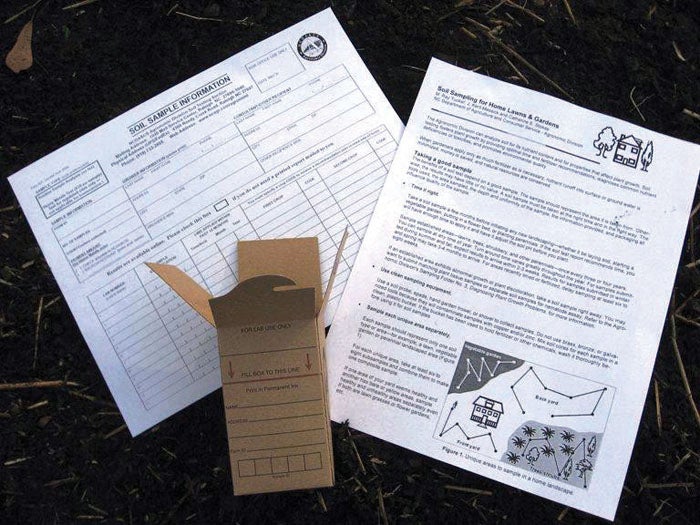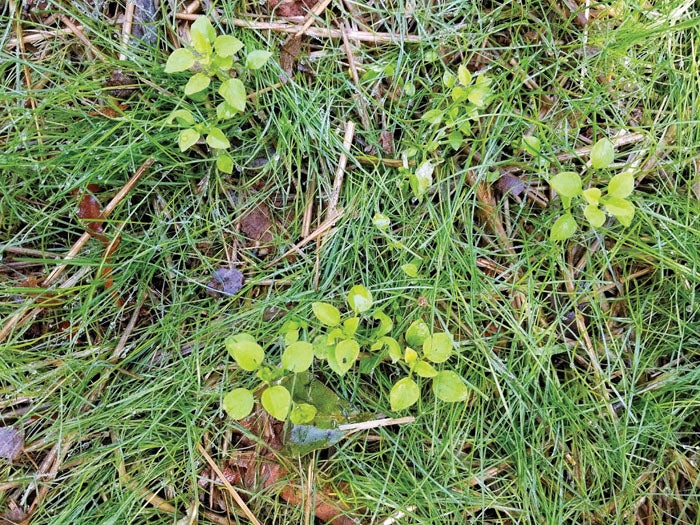Darrell Blackwelder: October garden chores
Published 12:00 am Saturday, October 21, 2023
There are many garden tasks which need attending before the permanent arrival of cold weather. Cooler weather earlier this week is a sure indicator that fall weather is on the way.
Homeowners with newly planted fescue lawns have the ultimate challenge at this time of year to keep them free of fallen leaves. Spent leaves block light necessary for maximum cool season turf growth. Newly emerging grass is very tender and great care should be taken with leaf removal. Mowers with baggers work well removing unwanted leaves, if leaves are not wet. Put the leaves in the compost bin for next spring’s compost.
Many shrubs need a light pruning which should not be a problem now. It’s important to wait until spring for heavy-duty pruning on most evergreen shrubs. However, avoid pruning azaleas and other spring blooming shrubs until after they bloom in the spring.
Cool-season fescue lawns can also be fertilized on a regular basis in the fall. Fescue needs constant feeding during the fall and early spring to maximize root growth and strengthen the plant over the winter months. Time is becoming short to over-seed bare lawn areas. Weak lawns need to be re-seeded as soon as possible to establish good growth before the winter.
Newly seeded lawns also have cool season annual broadleaf weeds popping up in the fescue. Use a broadleaf herbicide now to control the weeds, but make sure the grass is well established. Broadleaf weed herbicides can be applied after the newly emerging grass has been mowed at least three times. It’s important to make sure the turf is established well enough to survive herbicide over-sprays. Controlling broadleaf weeds early helps reduce weed pressure in the spring when they can be difficult to control.
Summer blooming annuals look ragged and it’s time to take them out and plant winter annuals. Pansies and other fall blooming plants should be planted now.
Take time to mark perennials and bulbs. Many home gardeners get busy or forget to mark where perennials are planted. Herbaceous perennials dieback at the first killing frost, becoming invisible during the winter months. Use plastic markers with water-proof markers to mark areas and protect both perennials and bulbs to avoid damage while spring gardening in perennial beds.
It’s never too late to have your soil tested. Fall is an excellent time to sample soil avoiding the new costs now assessed for soil testing. Usually, the results arrive in time to correct problems before planting. Soil sample test kits and information on are available from the Cooperative Extension Office located on Old Concord in Salisbury.
Darrell Blackwelder is the retired horticulture agent and director with the North Carolina Cooperative Extension Service in Rowan County. Contact him at deblackw@ncsu.edu.




